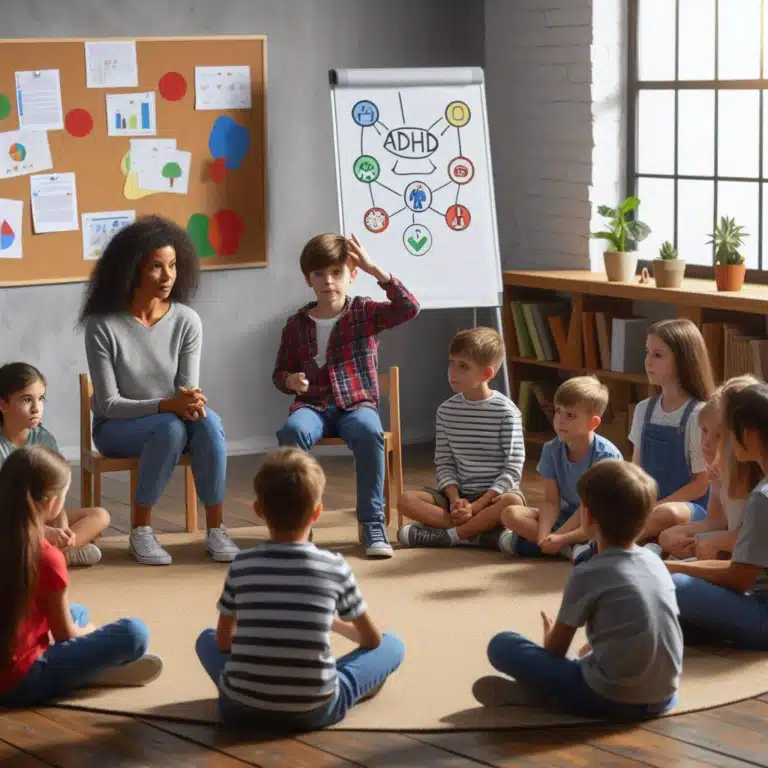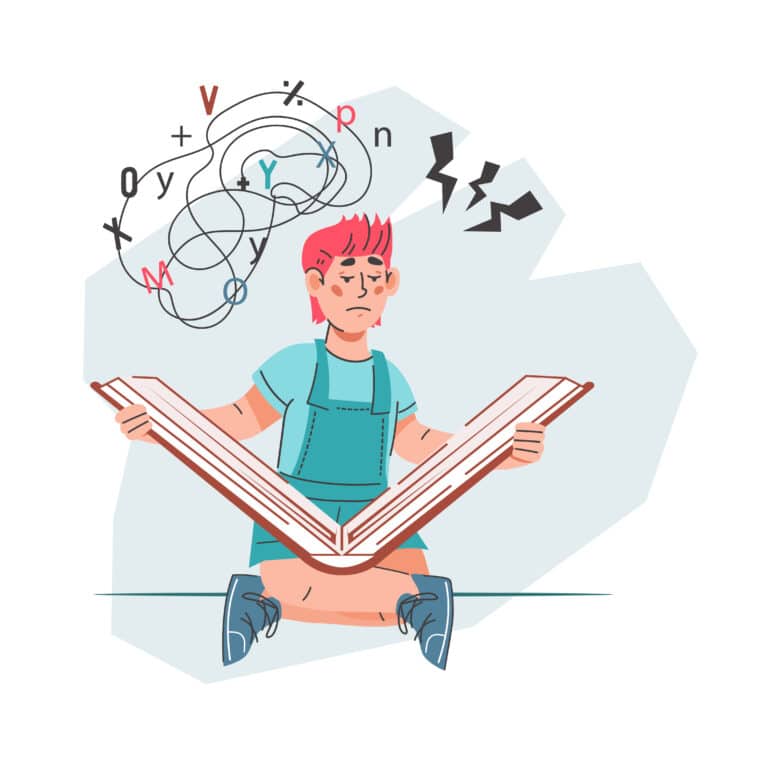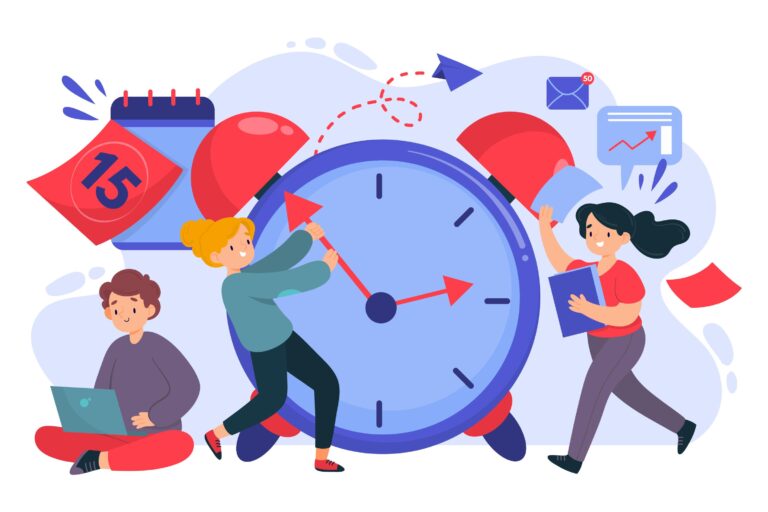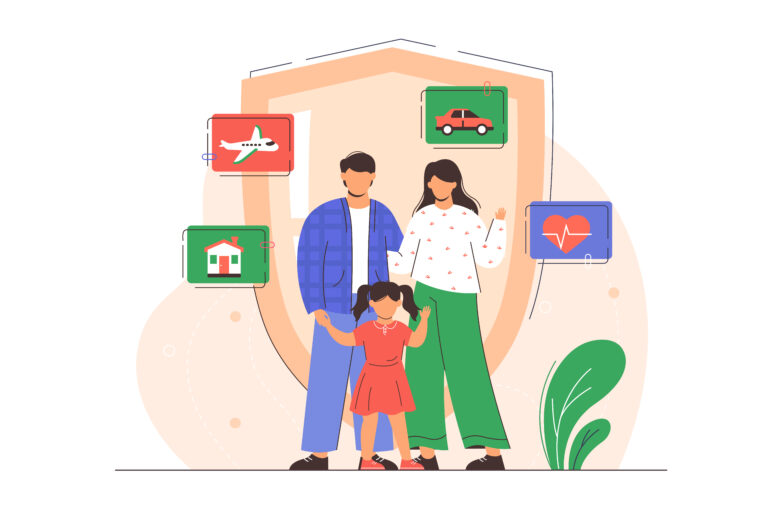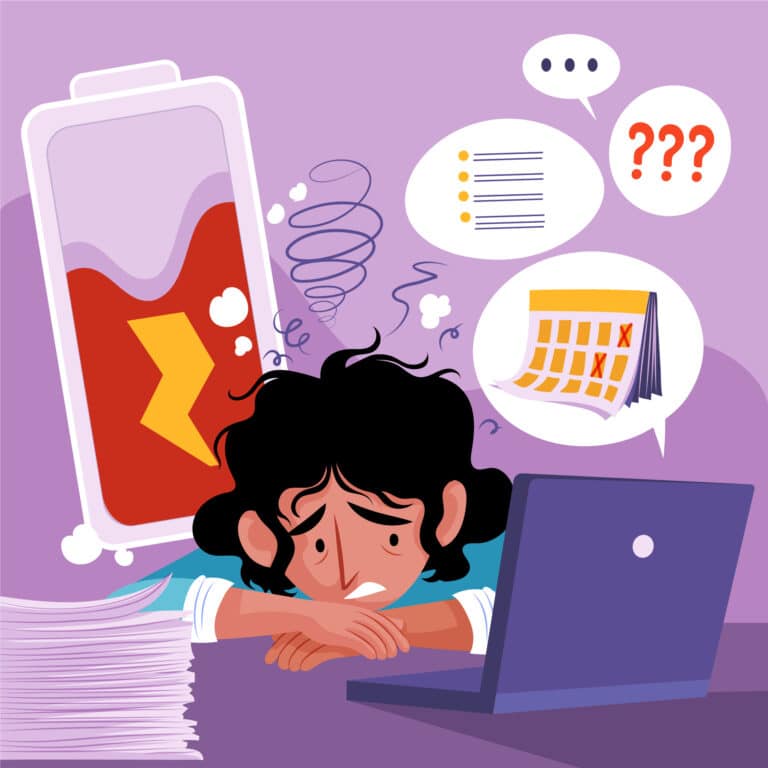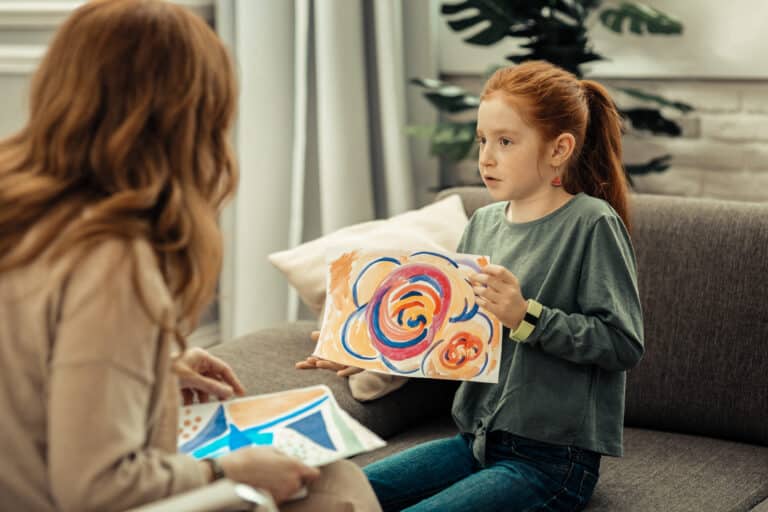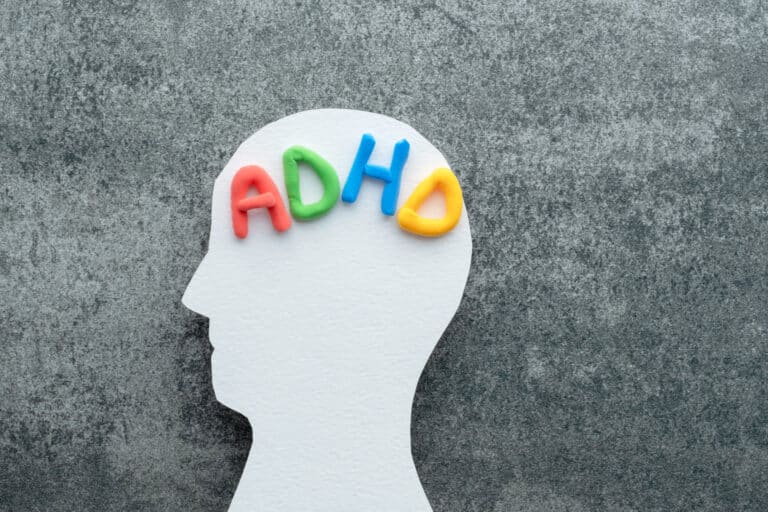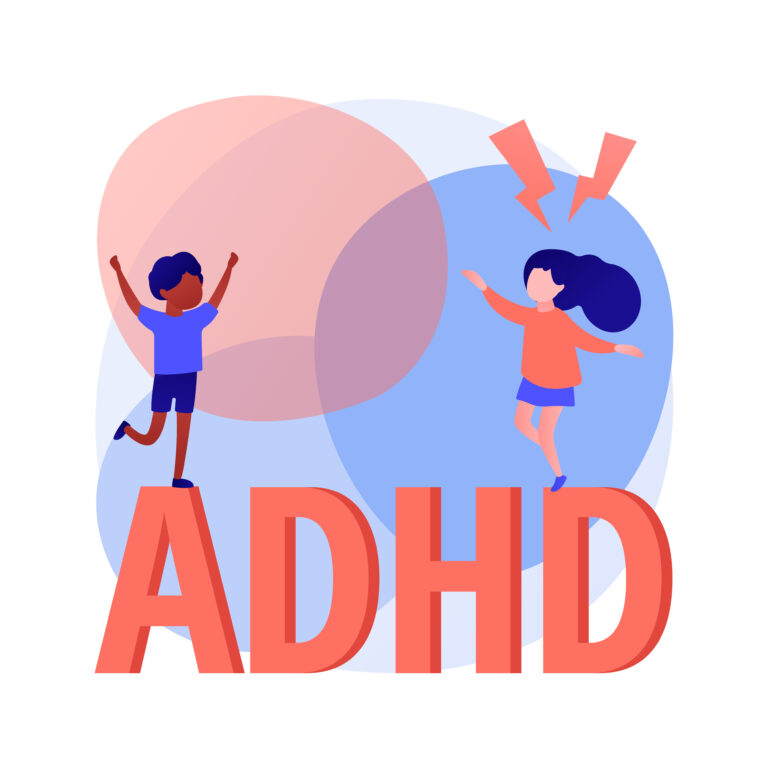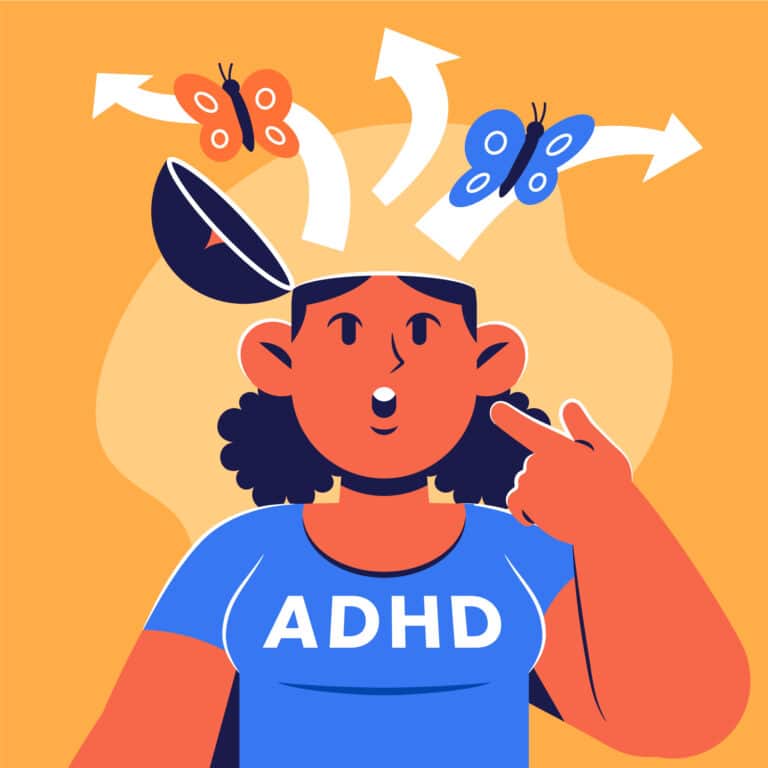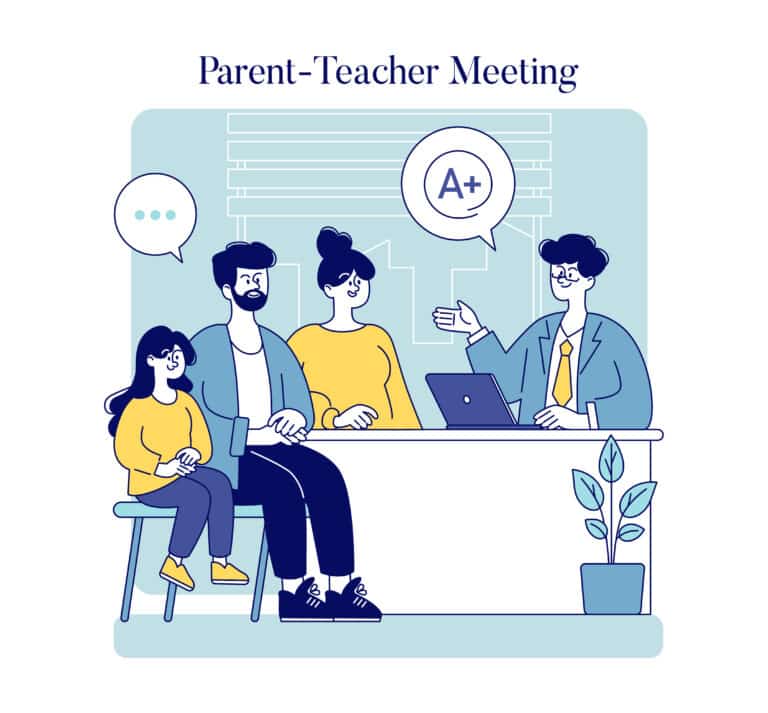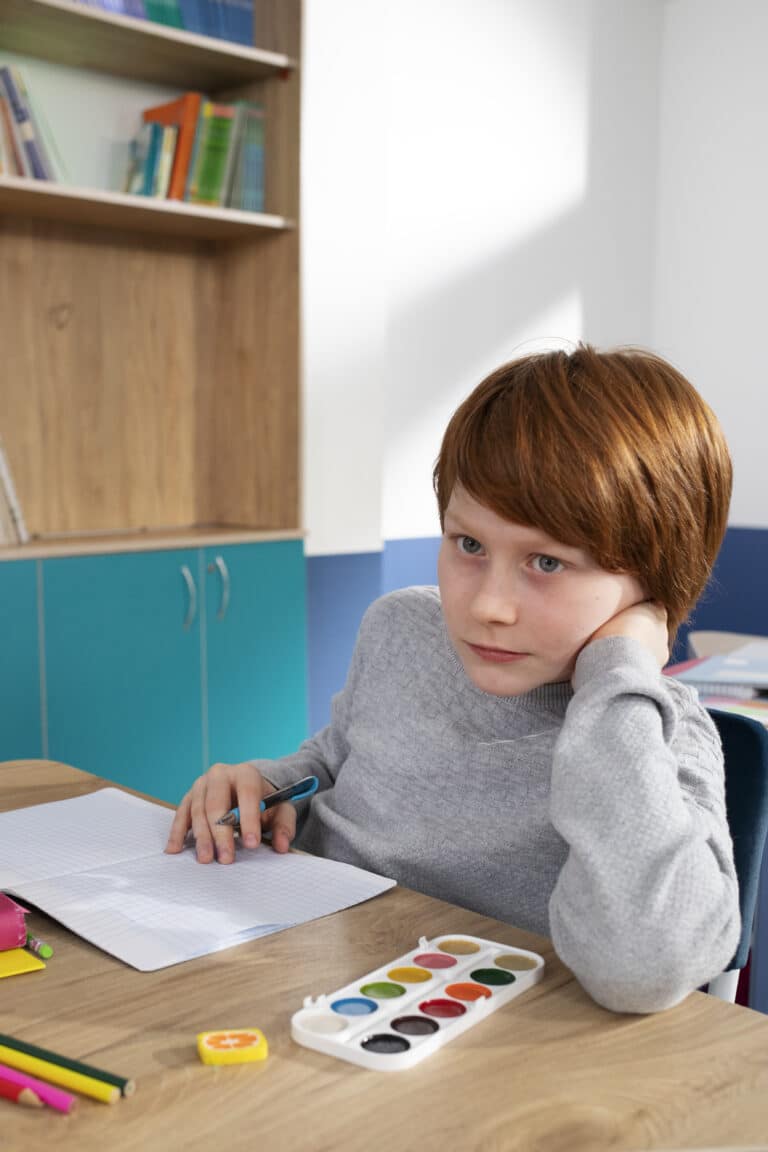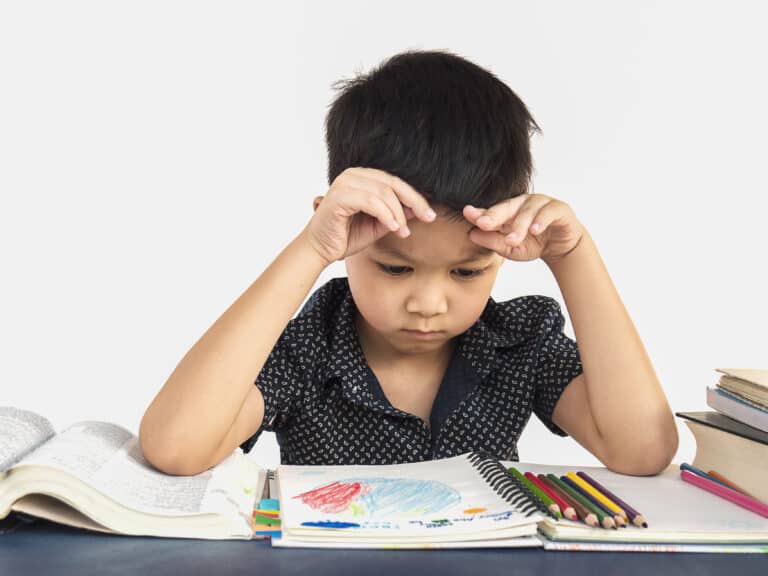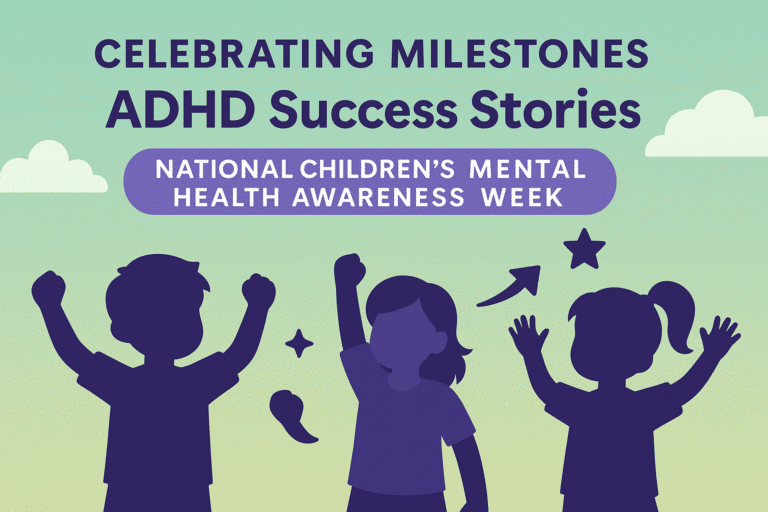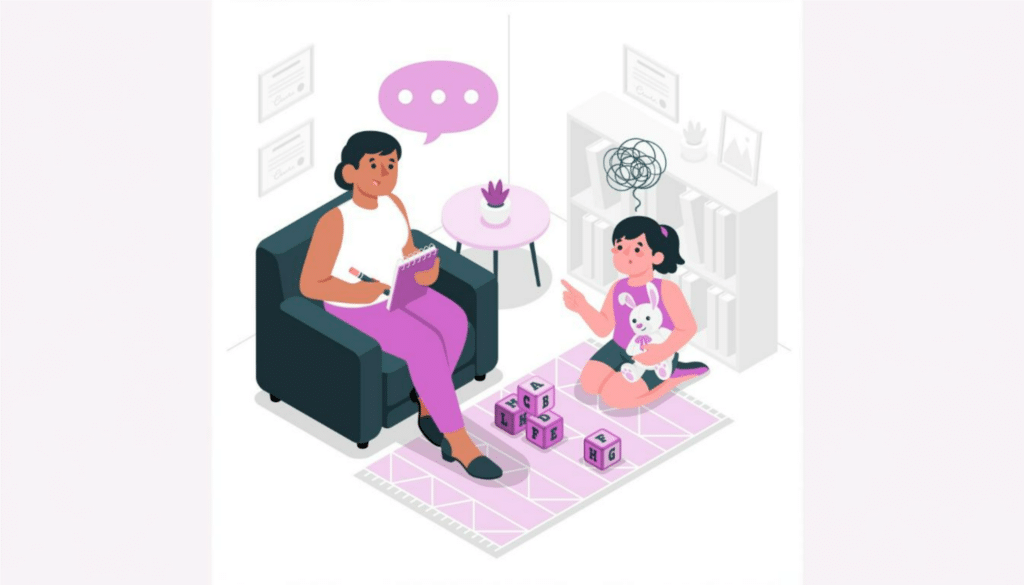
Navigating attention challenges in children with ADHD requires understanding that these behaviors are not simply a matter of choice. Children with ADHD face genuine hurdles that can impact their learning, social interactions, and self-esteem. You may observe signs like difficulty focusing or impulsive actions that, while sometimes appearing like typical childhood behaviors, reflect deeper struggles. So, how can you tell the difference between common childhood traits and signs of ADHD? Let’s explore these nuances and understand the factors shaping their daily experiences.
Recognizing ADHD Symptoms
Early recognition of ADHD symptoms can profoundly impact your child’s development and emotional well-being. If your child seems easily distracted, struggles to stay focused, or has trouble following instructions, these signs may go beyond typical behavior patterns and indicate ADHD. Identifying these signs early allows you to proactively support your child’s mental health.
Understanding ADHD symptoms is vital, as they affect your child’s ability to learn, interact socially, and manage daily tasks. Look for behaviors like impulsivity, restlessness, or forgetfulness. Your child might find it challenging to wait their turn, or they may often interrupt conversations. Recognizing these patterns as potential ADHD symptoms helps you take informed steps toward professional guidance and effective support.
Factors Affecting Attention
ADHD is more than a developmental disorder; it impacts multiple areas, particularly executive functions—essential mental skills for managing tasks, organizing thoughts, and controlling impulses. These functions are crucial for sustained attention and are often compromised in children with ADHD.
Anxiety is another factor that can intensify attention difficulties. When a child experiences anxiety, their mind may become preoccupied with worries, making focus even more challenging. It’s not uncommon for ADHD and anxiety to coexist, compounding their daily struggles. Understanding this overlap enables you to provide targeted support that addresses both conditions effectively.
Working alongside a mental health professional can offer valuable insights into your child’s unique challenges. Professionals can help identify underlying issues like anxiety and develop strategies tailored to your child’s needs. By approaching ADHD holistically, you can empower your child to navigate these hurdles with confidence.
Impact on Daily Life
Living with ADHD affects much more than focus; it influences nearly every aspect of a child’s life. In school, challenges with attention and emotional regulation can impact academic performance and self-esteem, making classrooms feel like battlegrounds. Tasks that seem straightforward to others may feel monumental to a child with ADHD, creating cycles of frustration and self-doubt.
At home, daily routines can also be challenging. Completing chores or following family routines may require extra patience, as children with ADHD often struggle with consistency. Social interactions can become complex as well; impulsive behaviors or difficulty reading social cues may impact friendships, potentially leading to feelings of isolation.
Understanding these impacts fosters empathy and strengthens your ability to offer the right support. While ADHD presents unique challenges, remember that you’re not alone in this journey.
Strategies for Support
Supporting a child with ADHD requires practical strategies that build on their strengths and mitigate daily challenges. Start by establishing a consistent routine, as structure helps reduce distractions and provides a sense of stability. Knowing what to expect helps your child feel secure, reducing anxiety and improving focus.
Encourage regular breaks during tasks to prevent burnout and maintain concentration. Short, frequent breaks can help your child re-energize and stay engaged with activities. Physical activity is another powerful tool; incorporating movement into their day can boost mental health and increase attention span.
Keep open lines of communication with your child about their experiences. Listening to them builds trust and helps you better understand their unique struggles. Consider consulting a psychologist specializing in ADHD for expert guidance on behavior management and coping techniques tailored to your child’s needs.
Seeking Professional Help
Supporting a child with ADHD can feel overwhelming, but seeking professional guidance provides valuable insight and practical tools. Mental health professionals, particularly those who specialize in ADHD, can evaluate and understand your child’s specific challenges. They can offer targeted strategies and interventions that address your child’s unique needs.
Working with professionals enables you to track progress and adjust support strategies as needed, empowering your child with tools for success. Remember, seeking help isn’t a sign of failure; it’s a proactive step toward nurturing your child’s mental well-being and building their resilience.
Ready to Support Your Child’s Journey?
At Pathformers, we believe every child deserves a compassionate, informed approach to mental well-being. By equipping yourself with the right tools and strategies, you’re taking an essential step toward fostering resilience and confidence in your child’s unique journey. Explore our comprehensive resources, interactive tools, and expert-led courses today to empower your family with insights that make a difference.
Frequently Asked Questions
How Can ADHD Affect a Child’s Social Interactions and Friendships?
Children with ADHD may face social challenges, such as impulsive actions, interrupting conversations, or misreading social cues. Encouraging patience and helping them develop social skills can foster positive friendships and provide a supportive environment for growth.
What Role Do Genetics Play in the Development of ADHD?
Genetics significantly influence ADHD. If ADHD runs in your family, your child’s risk may be higher. Understanding this connection empowers you to seek early intervention and effective support.
Are There Any Dietary Changes That Can Help Manage ADHD Symptoms?
Dietary adjustments, such as reducing sugar and additives or increasing omega-3 intake, may support ADHD symptom management. Observe your child’s reactions and consult a healthcare professional for tailored guidance.
How Does ADHD Differ Between Boys and Girls?
ADHD often manifests differently by gender, with boys displaying hyperactivity and impulsivity and girls showing inattentiveness. Recognizing these differences helps tailor support strategies to your child’s unique needs.
Can Mindfulness Practices Aid in Managing ADHD Symptoms?
Mindfulness can be a valuable tool for managing ADHD, helping improve focus and reduce stress. Regular practice promotes self-regulation, offering supportive methods to enhance attention and emotional control.
Conclusion
Recognizing and understanding ADHD symptoms is a powerful first step toward supporting your child’s unique journey. Factors like anxiety may add complexity, but with the right strategies, support systems, and professional guidance, children with ADHD can thrive. By approaching each challenge with empathy and resilience, you’re not only helping them cope but empowering them to lead fulfilling lives.


